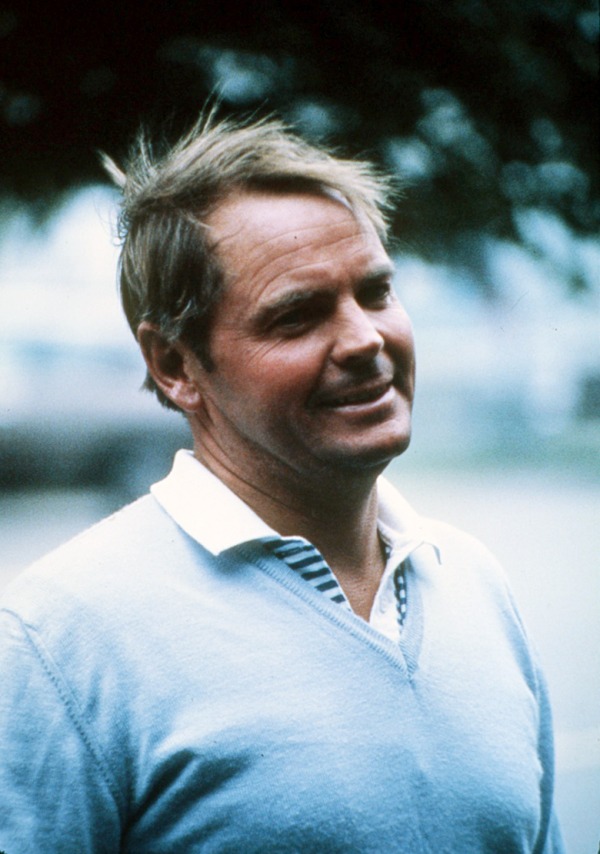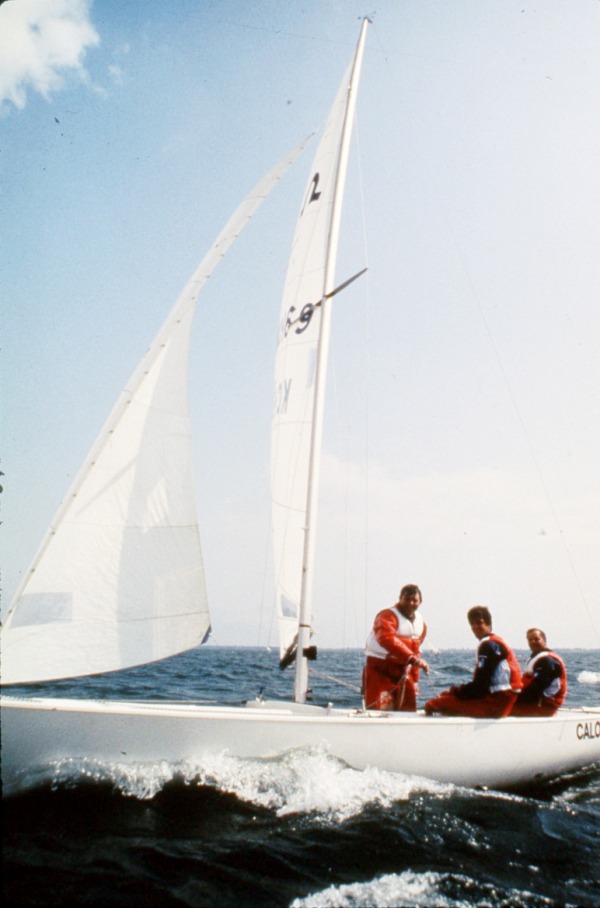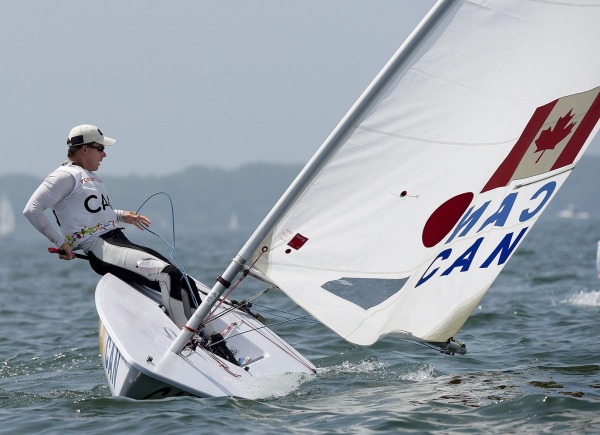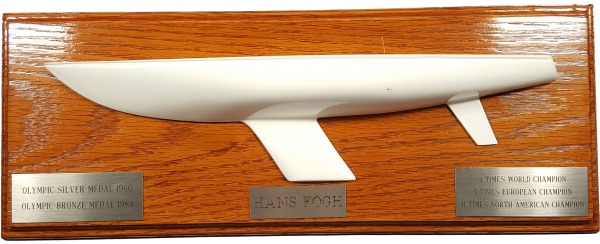Home | Cultural and Racial Diversity | Newcomers to Canada
Hans Fogh
PreviousNext
A feel for the boat and a nose for the wind: Danish-Canadian Hans Fogh
In 1969 Hans Fogh came to Canada as sailor and sail maker, but to enter Canada he had to tack and jibe his was past the immigration screen. Although initially rejected because Canada did not have an official need for sail makers, the young Dane used his experience working as a gardener to gain entrance. "Canada needs those," exclaimed the immigration officer to Fogh. And so began this sailor's trail blazing path in Canada.
Growing up near Denmark's capital, the coastal city of Copenhagen, Fogh had easy access to the North Sea, and it would be where he spent much of his childhood developing a passion and understanding of sailing. Although he had an uncanny feel for the boat and nose for the wind, the Olympic and European success he achieved came from hard work and a strong commitment to the sport.
Upon arriving in Canada Fogh began his own sail making business in Toronto. His sails were a landmark event in the sailing manufacturing industry, because they provided quality sails that were not available in Canada at that time. Fogh created the sail for the most popular dinghy on the planet, the Laser, which is also used at the Olympic Games. He also created the sail for the Laser Radial, a similar but smaller one-man boat, that is now used by women at the Olympic Games.
In 1984 Fogh was able to bring home a bronze Olympic medal for Canada. It was a proud moment for Fogh, as it was evidence that he could serve his new home and countrymen with the same standard of excellence he did in his youth for Denmark. Indeed, competing at six Olympic Games speaks to the remarkable longevity of his success. Fogh sadly passed away in 2014, but will always be remembered as a true talent, inventor, and innovator of the sport, who left an impact at both the amateur and competitive levels, in Denmark, Canada, and across the world.

Hans Fogh grew up in Copenhagen, Denmark where he learned to sail. He immigrated to Canada in 1969 with his family to set up a sail making business. It was difficult for him to move from Denmark, where he was regarded as a national icon for the many championships he had won but he felt that Canada had a lot to give and that he had much to give to Canada. His successful business as a sail maker led the way for other Canadian companies to compete on the world market.
Collection: Canada's Sports Hall of Fame

One of Hans Fogh's goals was to win an Olympic medal for his new country. He partnered with Steve Calder and John Kerr to win the bronze medal in the Flying Dutchman class at the 1984 Olympic Games in Los Angeles. He coached his partners and as John Kerr noted he turned them from Canadians into Olympians. He believed that a good sailor was a good athlete as it was a very physically demanding sport and that team spirit and communication were vital in sailing. His commitment and dedication made him one of the best in the world.
Collection: Canada's Sports Hall of Fame

The Laser sailboat was designed by Canadians Bruce Kirby and Ian Bruce. Hans Fogh created the sail for this unique boat and for the Laser Radial version with a less powerful sail plan that made this high performance dinghy available to all levels of sailors. The Laser became an Olympic class boat in 1996. He was an innovator and a pioneer in the art of sail making.
Collection: THE CANADIAN PRESS/Nathan Denette

Hans Fogh's competitive career included competing at six Olympic Games between 1960 and 1984. This trophy commemorates the two Olympic medals and many Championships that he won. One of his greatest contributions to the sport he loved was to give back by coaching, training, mentoring and developing young athletes and even coaching his competitors. He was recognized as a man of honesty and integrity by his fellow sailors.
Collection: Private Collection Hans Fogh
Previous Next


